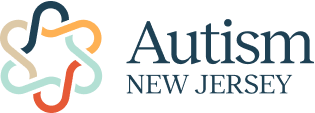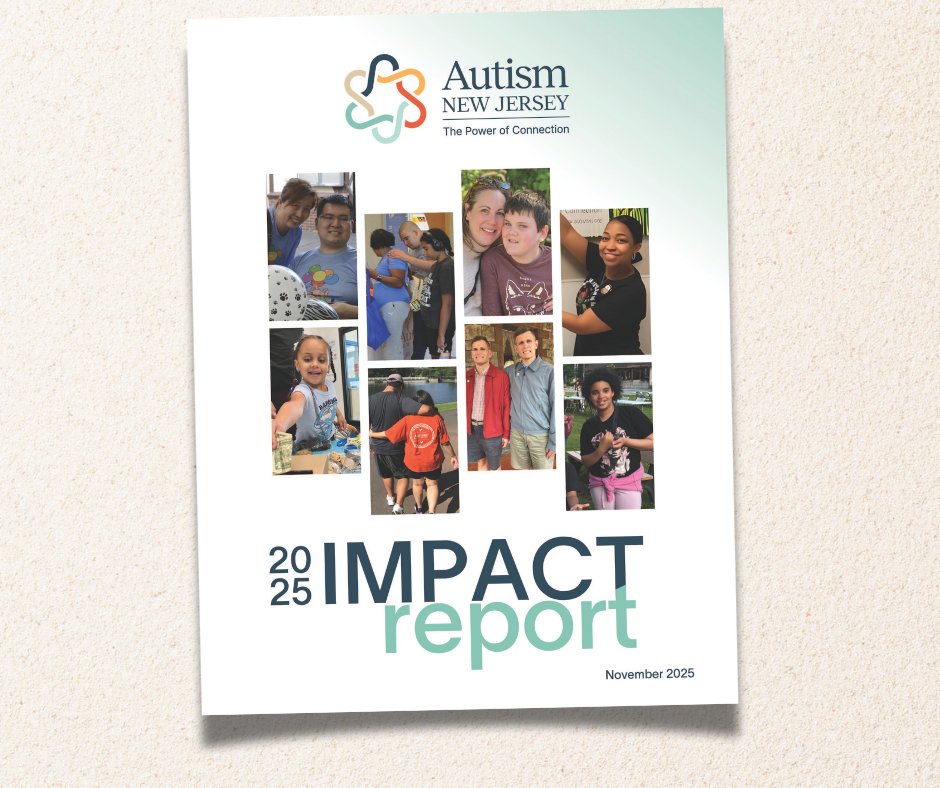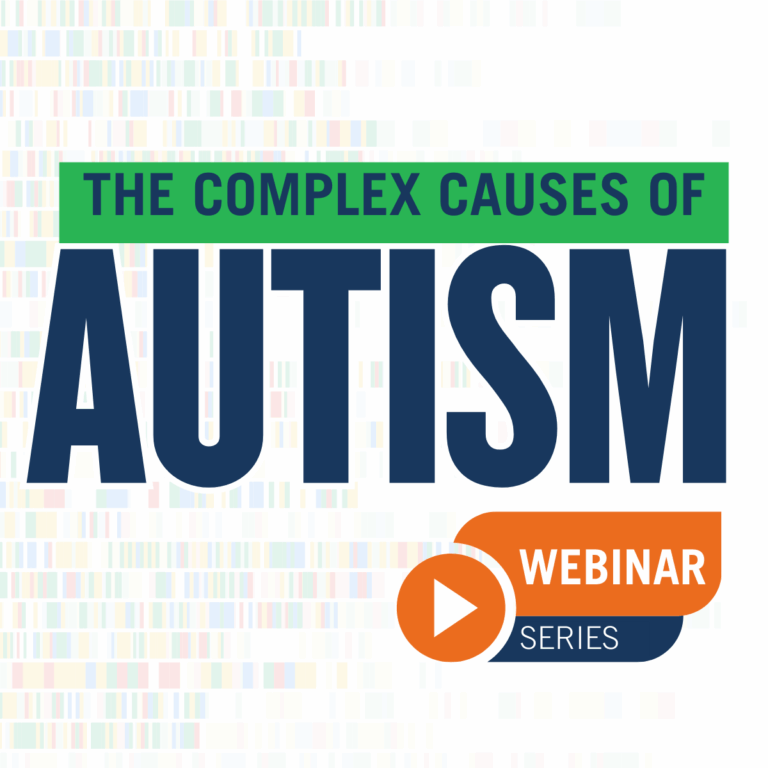More Resources
What is Autism Spectrum Disorder?
Autism Spectrum Disorder (ASD) or autism is a neurobiological disorder characterized by impairments in social communication and interaction as well as restricted and repetitive patterns of behavior. Individuals with autism have difficulty interacting with others: building relationships, using language, regulating their emotions, and understanding others’ points of view.
Social communication/interaction deficits may include:
-
Understanding spoken language
-
Reaching out to interact or share information
-
Echolalia (repeating words or phrases)
-
Conversation
-
Understanding nonverbal cues (body language, facial expressions, etc.)
-
Unusual tone, pitch, and inflection
-
Pretend play
Restricted/repetitive patterns of behavior may include:
-
Intense focus on a certain item, activity, or topic
-
Unusual play activities (repeatedly spinning a toy’s wheels instead of driving it)
-
Insistence on following specific routines
-
Difficulty adapting to change
-
Rocking, pacing, flicking fingers, waving arms, or other repeated movements
What does “on the spectrum” mean?
The term spectrum highlights how the specific social and behavioral challenges vary for each individual–and sometimes across each person’s lifetime.
Some have challenges that significantly impair their daily activities and require constant supervision to stay safe; others have few noticeable impairments.
While individuals with other special needs often learn and behave at levels consistent with their IQ, those affected by autism may exhibit many highs and lows in their abilities. For example, they may have a remarkable memory but be unable to ask for help. Thorough assessments are very important to pinpoint each person’s specific strengths and support needs.
What are some associated features of autism?
-
Intellectual disability (30%)
-
Seizure disorders
-
Gastrointestinal problems
-
Unusual responses to sensory input
-
Poor awareness of basic dangers (including wandering and self-injury)
-
Eating, sleeping, and toileting difficulties
What are the causes of and risk factors for autism?
At this time, the causes of autism are unknown. Most researchers believe there is no single cause. Current research strongly suggests: Autism is a genetic disorder, possibly triggered by environmental (nongenetic) factors yet to be determined.
Increased risk for:
-
Children who have a sibling or parent with ASD
-
Children born prematurely, at a low birth weight, in a multiple birth, or to older parents











